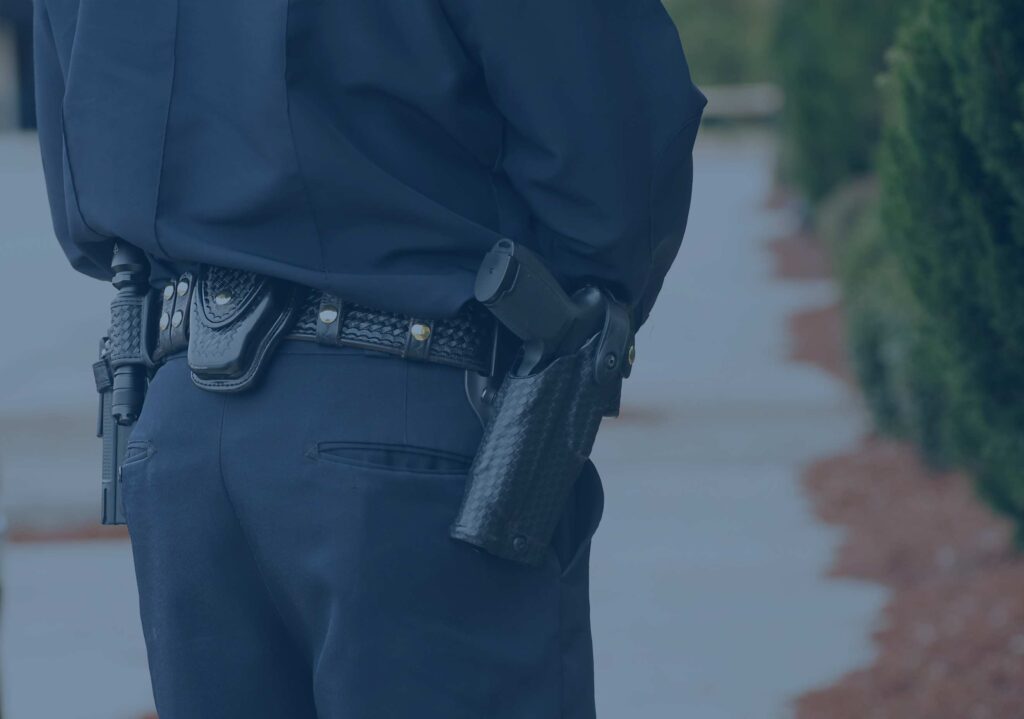This core practice area includes developing and implementing use of force and related policies and procedures, including de-escalation, that address reporting, reviewing and investigating uses of force, and establishing accountability and monitoring procedures, such as after-action reviews, training programs, supervision, and transparency.

Resources Related to Use of Force
The information provided within these modules has been gathered from various sources, including legal reviews, research, and practitioner and department-developed resources. These webpage modules are intended to be a guide for departments to use to improve their policing practices. Additional information and resources may be needed to implement the recommendations successfully. This resource is intended to be dynamic, and the Knowledge Lab will continue to update and add to these modules to provide additional and current guidance for departments.




